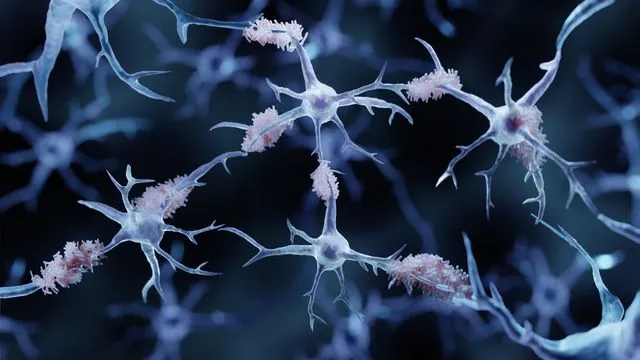
Unlocking Women’s Mental Health: The Impact of Hormones on Brain Function
2025-08-26
Author: Wei Ling
Understanding the Brain's Response to Hormones
Recent advances in brain imaging technology are shedding light on the profound effects ovarian hormones have on women’s mental health. Notably, the hippocampus—a brain region heavily involved in emotion regulation and depression—demonstrates significant responsiveness to hormonal fluctuations throughout the menstrual cycle.
The Cycle of Change: Insights from Imaging Studies
Research utilizing cutting-edge 7T-MRI scanners has uncovered microstructural changes in the hippocampus that correlate with the menstrual cycle. While these changes are normal for most women, they can pose challenges for a subset who suffer from severe conditions such as premenstrual dysphoric disorder (PMDD) or experience worsening mood disorders during their cycle.
The Hidden Risks for Sensitive Individuals
Approximately 5-8% of women are affected by PMDD, with around 50% experiencing premenstrual exacerbation of existing mood disorders. This notable group faces heightened sensitivity to hormonal shifts, which may predispose them to postpartum and perimenopausal depression, as well as significantly increase their lifetime risk of major depressive disorder.
Diving Deeper: The Neurobiological Links
PET studies highlight dysregulations in serotonin transport and estrogen receptor expression during vulnerable hormonal transitions. Understanding these neurobiological pathways is vital, providing insights into the structural and functional differences among 'hormone-sensitive individuals' and how these can contribute to mental health disparities.
A Path Forward: Implications for Treatment and Awareness
Recognizing the distinct needs of women with PMDD and PME can enhance mental health support and treatment outcomes. By leveraging these high-resolution imaging techniques and genomics, researchers aim to develop targeted interventions that address the unique challenges faced by women, ultimately improving mental health care on a broader scale.




 Brasil (PT)
Brasil (PT)
 Canada (EN)
Canada (EN)
 Chile (ES)
Chile (ES)
 Česko (CS)
Česko (CS)
 대한민국 (KO)
대한민국 (KO)
 España (ES)
España (ES)
 France (FR)
France (FR)
 Hong Kong (EN)
Hong Kong (EN)
 Italia (IT)
Italia (IT)
 日本 (JA)
日本 (JA)
 Magyarország (HU)
Magyarország (HU)
 Norge (NO)
Norge (NO)
 Polska (PL)
Polska (PL)
 Schweiz (DE)
Schweiz (DE)
 Singapore (EN)
Singapore (EN)
 Sverige (SV)
Sverige (SV)
 Suomi (FI)
Suomi (FI)
 Türkiye (TR)
Türkiye (TR)
 الإمارات العربية المتحدة (AR)
الإمارات العربية المتحدة (AR)